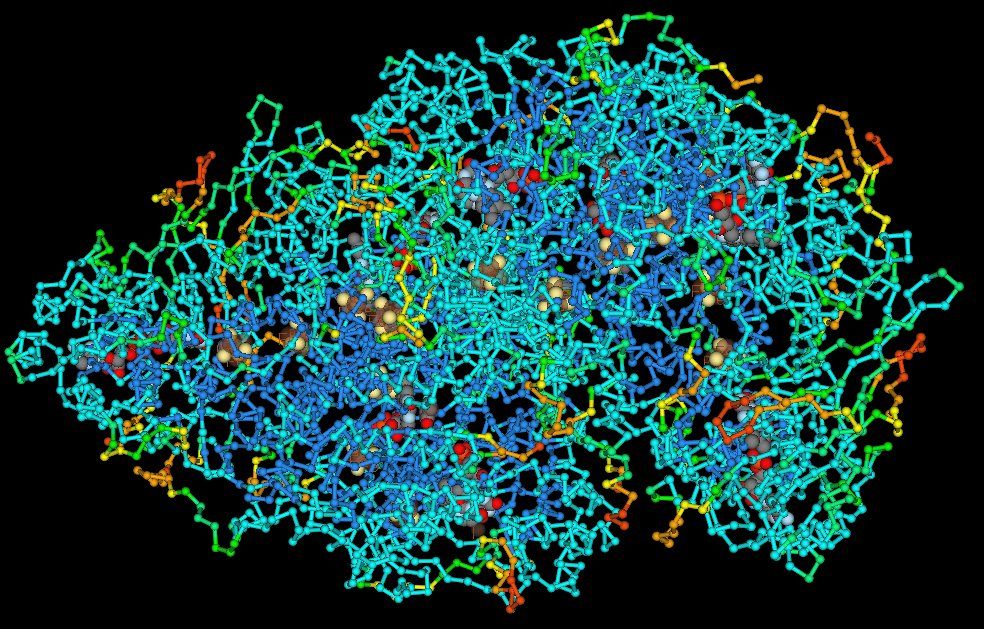Most Current Advancements in Polymers: Cutting-Edge Innovation
Most Current Advancements in Polymers: Cutting-Edge Innovation
Blog Article
Exploring the Varied Applications and Advantages of Polymers in Different Industries
Polymers, with their varied series of properties and functionalities, have actually become important in different markets, each enjoying special gain from their application. Polymers. From improving security and performance in the automotive sector to transforming medical devices in the medical care sector, polymers play a crucial function. Additionally, their green nature is modifying the landscape of sustainability methods. As we dive right into the depths of polymers in electronics, we reveal innovative developments, while their structural honesty changes the realm of building and construction and framework. The prevalent influence of polymers throughout markets is a testament to their convenience and versatility, shaping the future of countless fields.
Automotive Industry Applications
Polymers play a critical function in boosting the efficiency and resilience of different parts within the automotive industry. One famous usage of polymers in the auto industry is in the production of lightweight elements.

Medical Care Sector Advantages
In various healthcare applications, the advantages of utilizing polymers are commonly acknowledged for their diverse variety of helpful properties. Polymers play a vital duty in the medical care sector as a result of their versatility, biocompatibility, and cost-effectiveness. Among the primary benefits of polymers in health care is their capability to be tailored to certain demands, such as versatility, toughness, and biodegradability, making them excellent for a large range of clinical applications.
Polymer-based materials are extensively used in clinical tools, such as catheters, implants, prosthetics, and medication shipment systems, due to their biocompatibility and ability to resemble all-natural tissues. These materials can lower the danger of allergies or rejections, boosting individual safety and results. Furthermore, polymers are light-weight, making them suitable for wearable clinical gadgets and making sure client comfort.
In addition, polymers make it possible for the advancement of innovative therapy approaches, such as hydrogels for tissue engineering and nanocomposites for targeted drug distribution. Their ease of handling and sanitation makes them necessary for maintaining high requirements of health in healthcare settings. On the whole, the diverse benefits of polymers add dramatically to developments in clinical technology and individual treatment.
Environmental Advantages of Polymers

Moreover, polymers can add to power savings due to their lightweight nature. In markets such as transportation, lightweight polymer materials can help in company website reducing gas intake and greenhouse gas exhausts. In addition, polymers can make it possible for the growth of energy-efficient items such as insulation products that boost power preservation in structures.
Additionally, polymers play a crucial role in reducing water pollution. As an example, making use of polymer-based purification systems can effectively get rid of toxins and impurities from wastewater, guarding water sources and ecological communities. In general, the environmental benefits of polymers make them important possessions in advertising sustainability and environment-friendly methods across different industries.
Polymers in Electronics and Technology
Considering the increasing need for innovative and lasting options in contemporary sectors, the combination of sophisticated polymer modern technologies in the realm of electronic devices and modern technology has actually become a critical technique for driving performance and efficiency. Polymers have changed the electronics sector by allowing the manufacturing of lighter, a lot more flexible, and long lasting electronic gadgets. From smartphones to clinical devices, polymers play a critical function in enhancing product design and performance.
One significant advantage of polymers in electronic devices is their protecting residential properties, which help secure delicate electronic parts from environmental aspects and electric interference. Furthermore, polymers are essential in the advancement of adaptable screens, wearable modern technology, and printed electronics, supplying unlimited opportunities for creating wise and interconnected tools.
Furthermore, using polymers in digital product packaging has caused advancements in miniaturization and thermal administration, boosting the overall efficiency and integrity of electronic systems. As innovation continues to progress, the versatility and adaptability of polymers will undoubtedly drive even more article source technology in the electronics market, forming the future of modern technology.
Duty of Polymers in Construction and Facilities
The combination of sophisticated polymer products in building and construction and framework tasks has actually changed the means frameworks are created and constructed in modern-day times. Polymers supply countless benefits in the building and construction sector because of their adaptability, resilience, and cost-effectiveness. One essential function of polymers in building is their usage in finishes and sealers, giving defense versus environmental elements such as moisture, UV radiation, and corrosion. Additionally, polymers are used in the production of light-weight and high-strength composite products, boosting the structural honesty of structures while decreasing overall weight.
In addition, polymers play an important duty in lasting building techniques by enabling the advancement of energy-efficient frameworks. Insulating materials made from polymers assist manage indoor temperature levels, decreasing the demand for heating and cooling systems and eventually decreasing energy intake - Polymers.
Final Thought
Finally, polymers play an important duty in various industries such as vehicle, health care, ecological, electronics, and building. Their flexible residential properties find this make them beneficial in producing innovative services and products. From enhancing gas performance in vehicles to enhancing medical gadgets, polymers use many advantages. Additionally, their impact on decreasing waste and promoting sustainability highlights their importance in modern applications. The widespread use polymers demonstrates their substantial payment to advancing innovation and enhancing quality of life.
Report this page